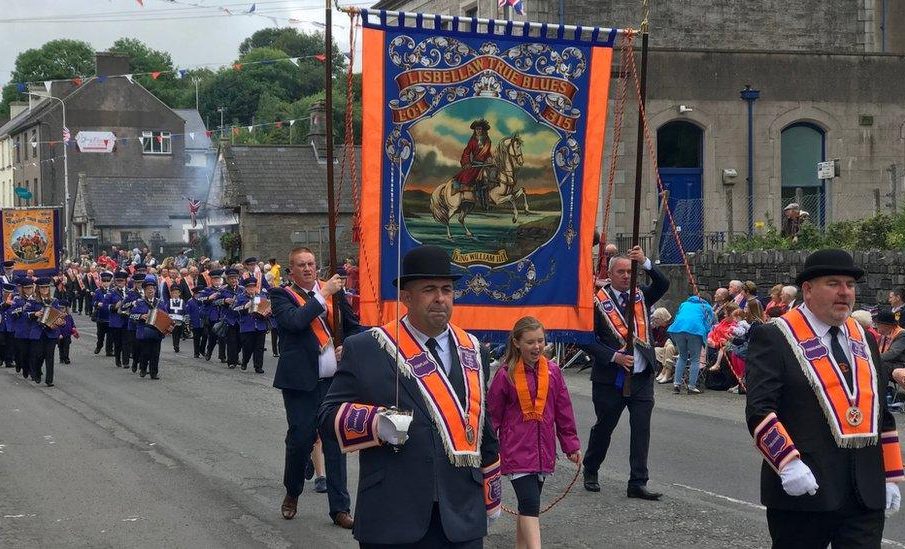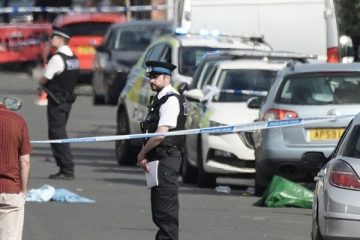The Role and Impact of the Parades Commission in Northern Ireland

Introduction
The Parades Commission is an essential body in Northern Ireland, tasked with regulating and overseeing public parades and associated events. Given the historical tensions and cultural significance of such gatherings, the Commission’s role is integral in maintaining public order and facilitating community relations. With numerous parades taking place annually, often linked to sensitive political and cultural issues, the work of this Commission has become increasingly relevant in today’s socio-political landscape.
Overview of the Parades Commission
Established in 1997, the Parades Commission was created as a response to escalating tensions during the marching season, particularly during July and August. The Commission is an independent body, composed of a chair and several appointed members, whose responsibility is to adjudicate on events, promote dialogue, and ensure that parades occur with the least disturbance to communities. It also works to address issues around community safety and public disorder.
Recent Developments
In light of ongoing public health considerations due to the COVID-19 pandemic, the Parades Commission updated its guidelines for parades in 2023. This included mandates for risk assessments and measures to ensure public safety during large gatherings. The significance of these updates comes as Northern Ireland seeks to recover from the pandemic while also encouraging the safe expression of cultural identity through parades.
For the 2023 events, the Commission has received a higher number of applications than in recent years, reflecting a resurgence in community engagement. The body has relied on community representations, looking for ways to balance the rights of participants with the concerns of local residents who may be affected by these events.
Challenges Faced by the Commission
Despite the progress made, the Parades Commission continues to face challenges. Controversy often arises surrounding contentious parades, with reactions from both loyalist and nationalist communities. High-profile events, including the Orange Order parades, have drawn significant media attention, illustrating the delicate nature of cultural expressions in a post-conflict society.
Conclusion
The Parades Commission plays a vital role in fostering dialogue and promoting positive relations in Northern Ireland. Moving forward, it is essential that the Commission continues to navigate complex community dynamics while advocating for the safe and respectful expression of cultural identities. The upcoming months will reveal how effective the Commission’s strategies will be in managing parades while upholding peace and community harmony. As communities prepare for their scheduled parades, the focus remains not only on celebration but also on understanding and coexistence.









